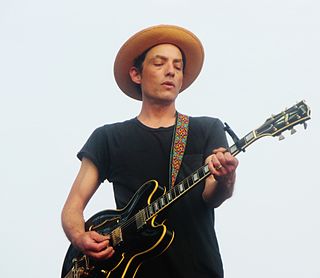A Quote by Jean-Jacques Rousseau
You forget that the fruits belong to all and that the land belongs to no one.
Related Quotes
This was Mahatma Gandhi’s idea, moving from ownership to relationship—seeing that land does not belong to us. We belong to the land. We are not the owners of the land. We are the friends of the land, like friends of the earth. The fundamental shift is in this consciousness that land does not belong to us, we belong to the land.
The first person who, having enclosed a plot of land, took it into his head to say this is mine and found people simple enough to believe him was the true founder of civil society. What crimes, wars, murders, what miseries and horrors would the human race have been spared, had some one pulled up the stakes or filled in the ditch and cried out to his fellow men: "Do not listen to this imposter. You are lost if you forget that the fruits of the earth belong to all and the earth to no one!
When someone steals another's clothes, we call them a thief. Should we not give the same name to one who could clothe the naked and does not? The bread in your cupboard belongs to the hungry; the coat unused in your closet belongs to the one who needs it; the shoes rotting in your closet belong to the one who has no shoes; the money which you hoard up belongs to the poor.
Every person in the world is by nature a slave to sin. The world, by nature, is held in sin's grip. What a shock to our complacency- that everything of us by nature belongs to sin. Our silences belong to sin, our omissions belong to sin, our talents belong to sin, our actions belong to sin. Every facet of our personalities belong to sin; it own us and dominates us. We are its servants.





































